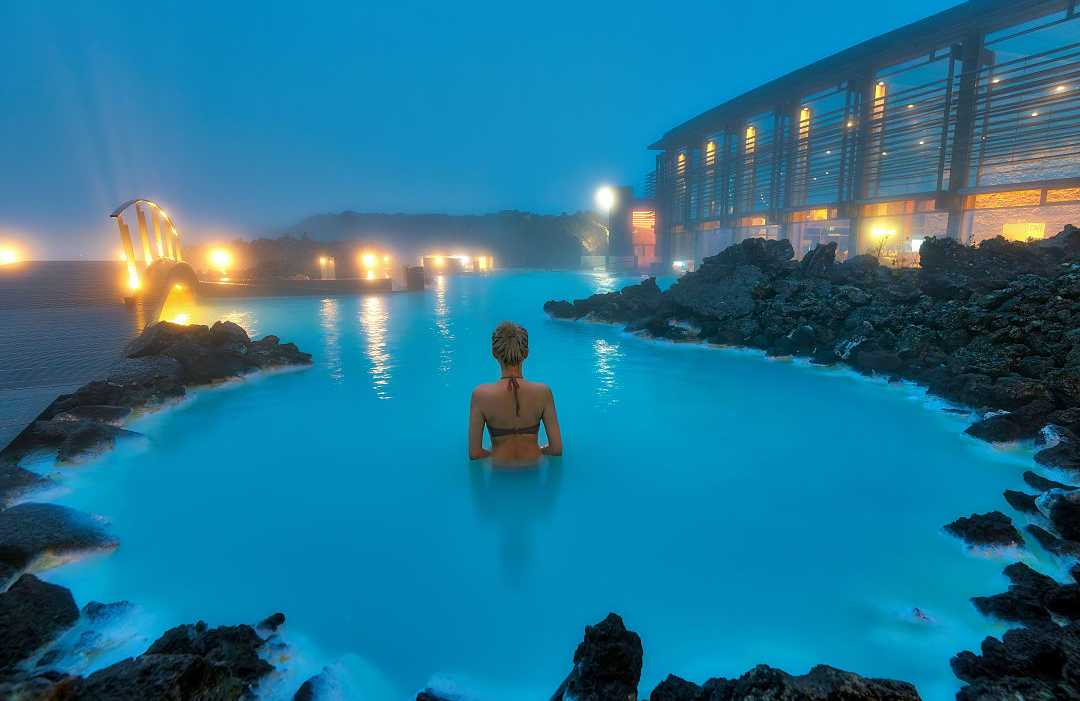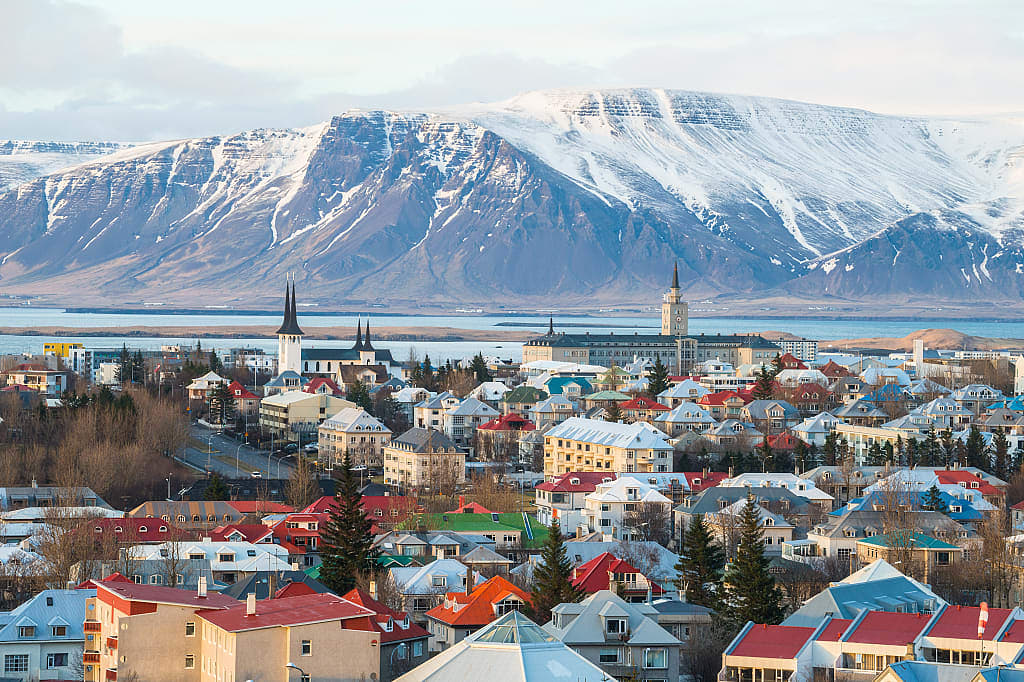The best time to visit Iceland is in May, June, August, September, or October. Hiking, sightseeing, and wildlife viewing are exceptional during these times of the year, with warmer temperatures than in the frigid winter from November to March.
That said, Iceland is a year-round destination and each season offers unique experiences and opportunities. The winter months are popular for ice-caving, skiing, and snowmobiling. Boasting black and white scenes of lava fields and glaciers, with seasons shifting these to moss green and ice blue, trips throughout the year present spectacular backdrops.
Learn more: Best Time to Visit Iceland







